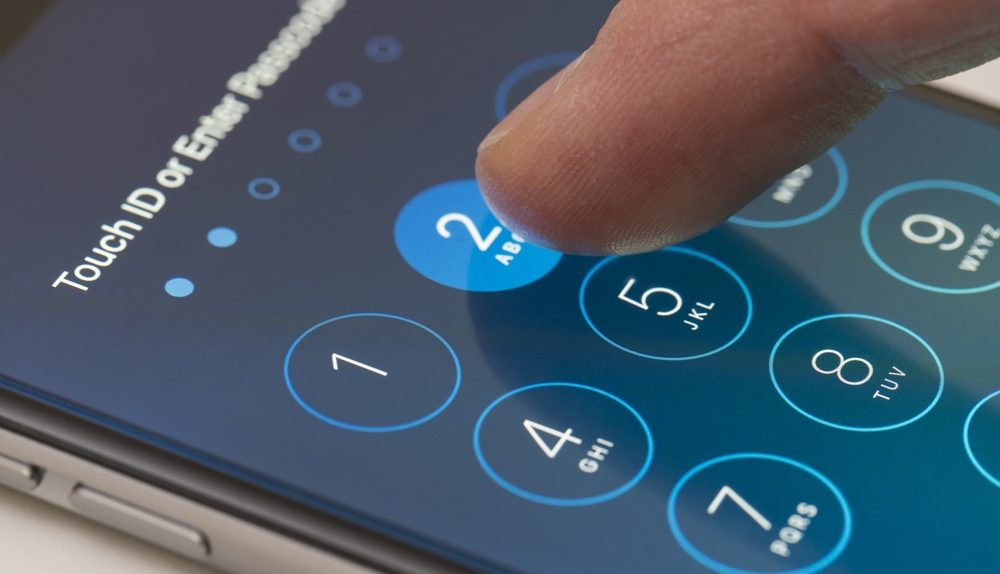It appears that Apple may have another standoff with the FBI brewing. If you recall, the FBI recently asked for Apple’s assistance in unlocking a pair of iPhones belonging to Mohammed Saeed Alshamrani, the man accused of killing three people at a Navy base this past December.
In response to the FBI’s request, Apple said that it handed over gigabytes of information, including but not limited to iCloud backups and various transactional information. Addressing the matter last week, Apple said that it gave the FBI “all of the data in our possession” and that it was open to assisting the FBI in other ways going forward.
The FBI, though, wants Apple to go one step further and help it unlock Alshamrani’s iPhones. In light of that, Attorney General William Barr recently called Apple out for not going the extra mile. In a statement issued yesterday, Barr articulated the following:
We have asked Apple for their help in unlocking the shooter’s iPhones. So far Apple has not given us any substantive assistance. This situation perfectly illustrates why it is critical that investigators be able to get access to digital evidence once they have obtained a court order based on probable cause. We call on Apple and other technology companies to help us find a solution so that we can better protect the lives of Americans and prevent future attacks.
Apple took umbrage with Barr’s remarks and issued the following statement to CNBC:
We reject the characterization that Apple has not provided substantive assistance in the Pensacola investigation. Our responses to their many requests since the attack have been timely, thorough and are ongoing.
Apple also articulated the rationale behind its reluctance to implement a backdoor, essentially reiterating the same talking points it laid out during its last public spat with the FBI.
We have always maintained there is no such thing as a backdoor just for the good guys. Backdoors can also be exploited by those who threaten our national security and the data security of our customers. Today, law enforcement has access to more data than ever before in history, so Americans do not have to choose between weakening encryption and solving investigations. We feel strongly encryption is vital to protecting our country and our users’ data.
If history is any indication, this is not a point Apple will waver on for even one second. And speaking to how seriously Apple views this issue, you might recall Tim Cook’s comments about backdoors from a few years ago.
“The only way we [can do what the FBI wants] would be to write a piece of software that we view as sort of the software equivalent of cancer,” Cook said in early 2016. “We think it’s bad news to write, we would never write it, we have never written it. And that is what is at stake here.”
As a final point, there’s one interesting tidbit which perhaps underscores the FBI’s immense interest in accessing the device. Specifically, Alshamrani purposefully shot his own iPhone in the midst of a gunfight with authorities. Consequently, there’s reason to believe, so the argument goes, that the device might hold some telling information about anyone Alshamrani might have been working with.








